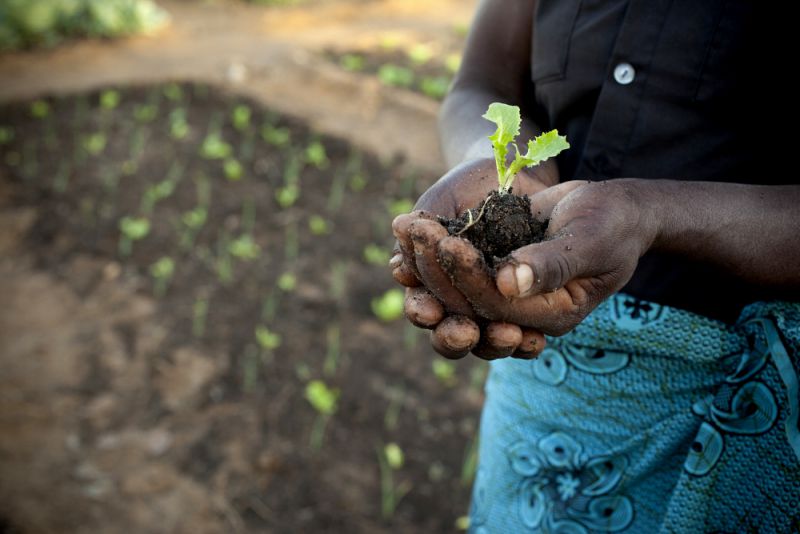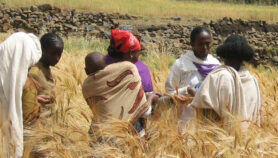By: Gilbert Nakweya
Send to a friend
The details you provide on this page will not be used to send unsolicited email, and will not be sold to a 3rd party. See privacy policy.
[NAIROBI] One of the most interesting session at high level conferences for me is the debate on a critical matter of development.
As a Journalist, I value discourses where experts critically analyse matters development. It interests me more when the debates are centered on smallholder farmers in Sub-Saharan Africa because they contribute to agricultural productivity.
Such a moment came during the Integrated Seed Sector Development (ISSD) Africa Synthesis Conference last week (19-20 September) in Nairobi. ISSD Africa is coordinated by the Centre of Development Innovation (CDI), the Royal Tropical Institute Kit, and the Future Agricultures Consortium and is hosted in Nairobi by Egerton University’s Tegemeo Institute of Agricultural Policy and Development.
But importantly, smallholder farmers should be supported in groups and not individually to access credit.
Gilbert Nakweya
Its pilot action research took place in Burkina Faso, Burundi, Ethiopia, Ghana, Mali, Tanzania, Uganda, Zambia and Zimbabwe.
The big question was: Are grants to seed business essential for seed growth in Africa? Experts from academia, government and the private sectors were sharply divided on whether grants were essential for the seed sector development. Those for grants argued that it provides start-up capital for seed businesses and could spur business.
On the other hand, those against debated that grants should not be relied on as essential sources of funding seed businesses as they could not be sustainable. To them, grants should be for co-investment and focus on infrastructure and capacity building and low interest loans could work as they could challenge smallholders to work hard.
But importantly, smallholder farmers should be supported in groups and not individually to access credit.
Arguments against grants notwithstanding, some experts said that most successful seed companies in Sub-Saharan Africa have heavily relied on grants.
From the conference it emerged that the most important thing is ensuring smallholder farmers access high quality seeds and credit lines to start or develop seed entrepreneurship in Sub-Saharan Africa. In the long run, many smallholder farmers will access superior quality seeds that will help overcome challenges such as climate change and foster food security through increased agricultural productivity.
This piece was produced by SciDev.Net’s Sub-Saharan Africa English desk.














